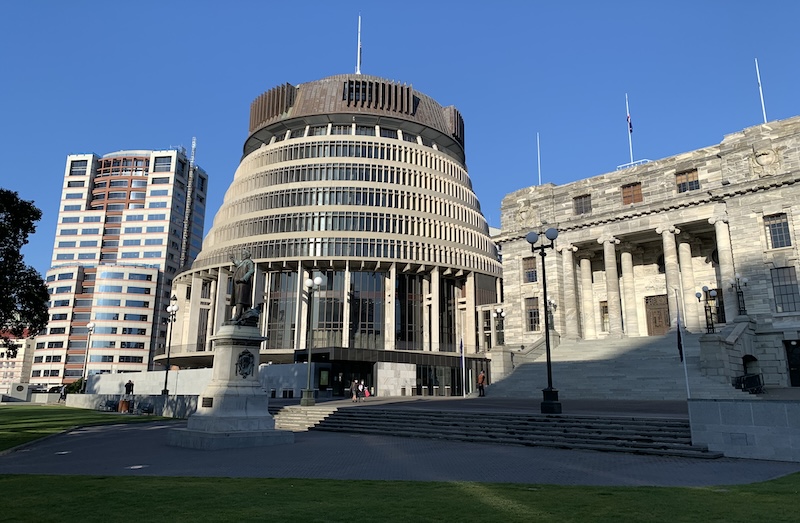Public funding for a lifesaving opioid overdose reversal
nasal spray is one step closer, with an expert committee
saying that funding the medicine for use by non-paramedic
first responders and people at high risk of an opioid
overdose is a high priority.
Drug Foundation Executive
Director Sarah Helm says the recommendation from Pharmac’s
Pharmacology and Therapeutics Advisory Committee (PTAC)
to fund nasal spray naloxone (sold in New Zealand as Nyxoid)
is a huge step forward in the years-long struggle to improve
access, but that it’s now up to Pharmac to prioritise
funding for the medicine.
“Naloxone saves lives, and
we urgently need to get it into the hands of the
community,” she says.
“We know that there are a
lot of demands on Pharmac’s budget, but thankfully the
cost of funding this medicine is relatively low. We are
hopeful that they can approve funding as soon as
possible.”
Nyxoid is currently available to purchase
over the counter in New Zealand, but is prohibitively
expensive at $105 for a pack of two.
Helm says that
opioids were implicated in almost
half of all fatal overdoses between 2017 and 2021, and
the increase in powerful new synthetic opioids like
nitazenes being sold as other drugs means that the risk of
overdose is growing.
Advertisement – scroll to continue reading
“We don’t just need this
medicine out there to reverse overdoses happening today, but
to ensure we’re prepared in the event of a mass
adulteration of our drug supply, which is only becoming more
likely,” says Helm.
“We’ve had a recent win with
Pharmac making injectable naloxone available through needle
exchanges, but funding for a nasal spray that can easily be
used by the general public would be an absolute game
changer.”
PTAC provides objective clinical advice to
help Pharmac make funding decisions.
The committee recommended
that a nasal spray version of naloxone should be funded for
first responders like police and firefighters, and suggested
that a take home naloxone (THN) programme could be piloted
to freely distribute nasal spray naloxone to people who are
at risk of an opioid overdose.
A similar THN pilot in
Australia was estimated
to have saved up to three lives a day between 2019 and
2021. The success of that pilot led to the country
funding a permanent
THN scheme in
2022.
© Scoop Media
Advertisement – scroll to continue reading

















%20(2)%20(1).jpg)


Discussion about this post